WHY DO WE DO IT?
Modern rally cars are fine examples of how global motorsport has changed over the last 20 years. By proving technological advances in competition, rally car designers and engineers enable manufacturers to demonstrate their technical prowess ahead of new product introduction to consumers. This, of course, also maintains professional motorsport teams at the forefront of automotive technology.
Professional rally teams still need mechanics, yet they are quite correctly called technicians these days: modern rally cars are more technically complex than Formula 1 cars of two generations ago. They brim with custom components, which often become obsolete after very few events and embrace sophisticated mechanical parts, controlled mostly via top-secret, bespoke-tuned, proprietary software.
But the world-wide nostalgia phenomenon which has been embraced by most western societies with romantic recollections of simpler times past has also gripped the ranks of amateur rallying, the backbone of the sport.
Motorsport enthusiasts and competitors may admire the technical developments and advancements in the motor industry generally and motorsport specifically, but is all that really for us? Back in the day, we could build, tune and maintain cars ourselves and drove rally cars to and from rallies, even to and from work on occasion.
Surely we were having more fun when cars and events were simpler and more accessible?
Many competitors and rally organisers feel the same way, hence today's massive global growth in the popularity of historic rallying. Spectators have certainly voted with their feet in this regard, with thousands turning out to see their fantastic old favourites in full sideways flight and listen to the echoes of obsolete, high-revving engines at full chat!
The last few years have been hard on motorsport in general, with the global recession affecting sponsorship and, therefore, competitors and event organisers. But unlike modern cars, historic rally cars are built to conform to regulations specific to several fixed periods in history. Historic rally regulations don't change as technology evolves, so the goalposts don't move constantly - and often inconsistently - as they do in modern motorsport. Historic rally car owners can therefore build cars themselves, at their leisure and to their budgets, without the worry of their equipment being made obsolete by the 'latest and greatest' technology.
Should personal circumstances change, historic rally cars can be sold relatively easily in an ever-growing market. The value of the car is guaranteed by the fact that it isn't obsolete at the end of a season or two in the modern sense. Indeed, cars made obsolete in 1981 with the wave of an FIA regulation pencil and which might have been squirrelled away in garages all over the world, are now valuable classics, fetching much more than the sum of their mechanical parts.
Added to the relative financial security of historic rally car ownership is that, fundamentally, rally cars from the 1960s, '70s and '80s are more interesting to drive and watch than modern cars at comparable prices; this is the main reason so many current rally drivers are switching to historics and so many drivers and co-drivers from decades ago are coming back to our great sport.
Indeed, a number of current top World Rally Championship drivers own historic rally cars and contest historic rallies for fun when their superstar owners' heady WRC schedules allow.
What is even more interesting is the number of younger drivers competing in historic rally cars, simply because it is cheaper and more fun, even if these older cars are more physically challenging to drive than newer rally cars.
So what do event organisers need to do to get in on the action and guarantee their future in our past? Greg Cozier started the Barbados Rally Carnival in 2001 for modern rally cars and evolved the event to the Barbados Historic Rally Carnival in 2010. He had this to say: "First of all, organisers need to realise they are competing against some great classic historic rallies around the world for occasional competitors, so standards need to be very high. More importantly, we need to understand that competitors and teams aren't doing this for a living; they're doing it for a great rally adventure.
"This means there needs to be 'added value' in the event. Comfortable and affordable hotels, 'lick-down' welcome parties, informal prizegivings, family involvement and other activities surrounding the event need to enhance the rally itself. Historic rally organisers need to be family-oriented, holiday tour operators.
"Lastly, the rally itself needs to be as casual and enjoyable as possible, without losing rally-etiquette credibility. Easy recce, realistic road-section timing, centralised service, decent service facilities, best season for good weather, realistic stage distances and many more aspects of the rally itself which make it enjoyable for amateur teams are all serious considerations.
"The 12-night, two-event format has worked well for us since 2001. The RallySprint at Vaucluse Raceway on the first weekend allows everyone to find their feet in our unfamiliar Caribbean climate, and to test their cars in a stress-free environment. The Raceway also enables competitors, supporters and service crews to intermingle in a social atmosphere, while watching the competition unfold.
"The week after allows an easy recce and a chance to repair or tune cars for the rally, while enjoying the social side of Barbados. The rally itself runs over an afternoon and then into the night, which is somewhat cooler and more comfortable inside a rally car in the tropics.
"The Barbados Historic Rally Carnival has something for everyone, it's not often in the rally world that wives help husbands plan their next rally excursion!"
So historic rallying is for everyone, not just those of us with old cars or old dreams. As the Bajan saying goes; "Only grave-diggers start at the top."
You don't need a BDG Escort or a Porsche 911RS to enjoy historic rallying in Barbados. There are all kinds of relatively common classic cars which can be bought and/or built for reasonable money that would be class-competitive and make great 'passports' to the Barbados Historic Rally Carnival.
The most important thing for all of us to remember is that we are all here for a good time, not for a long time.

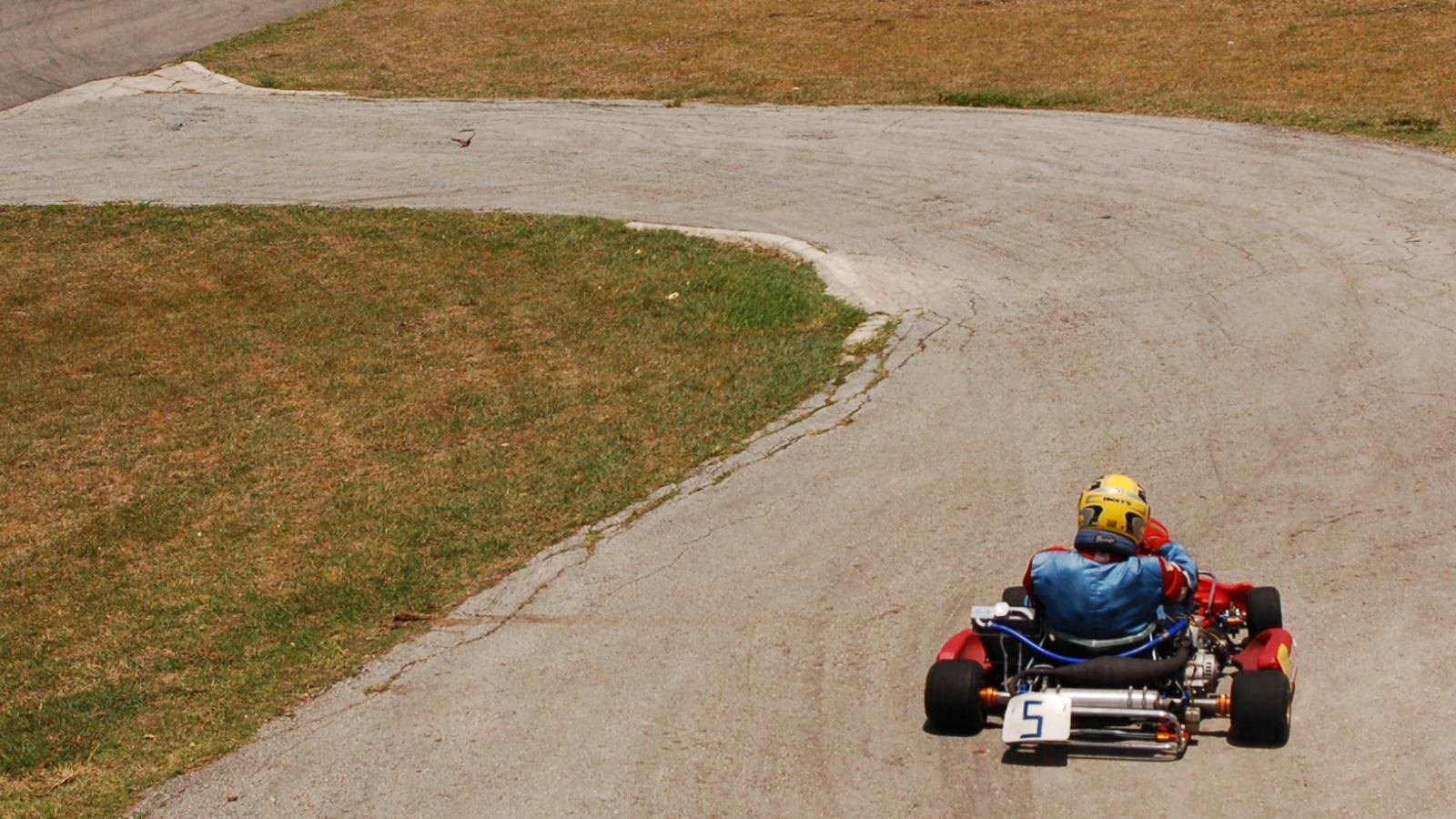
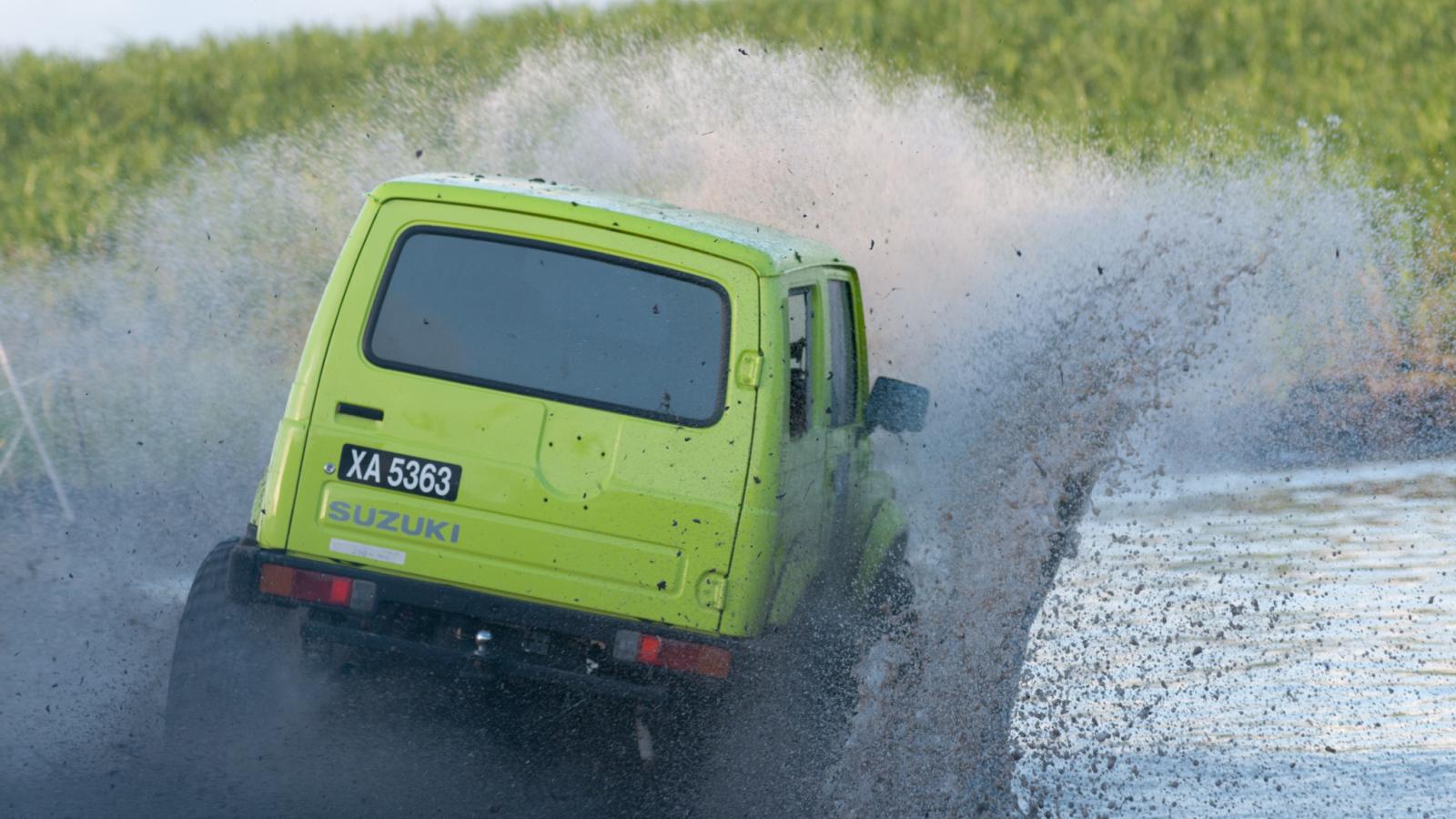
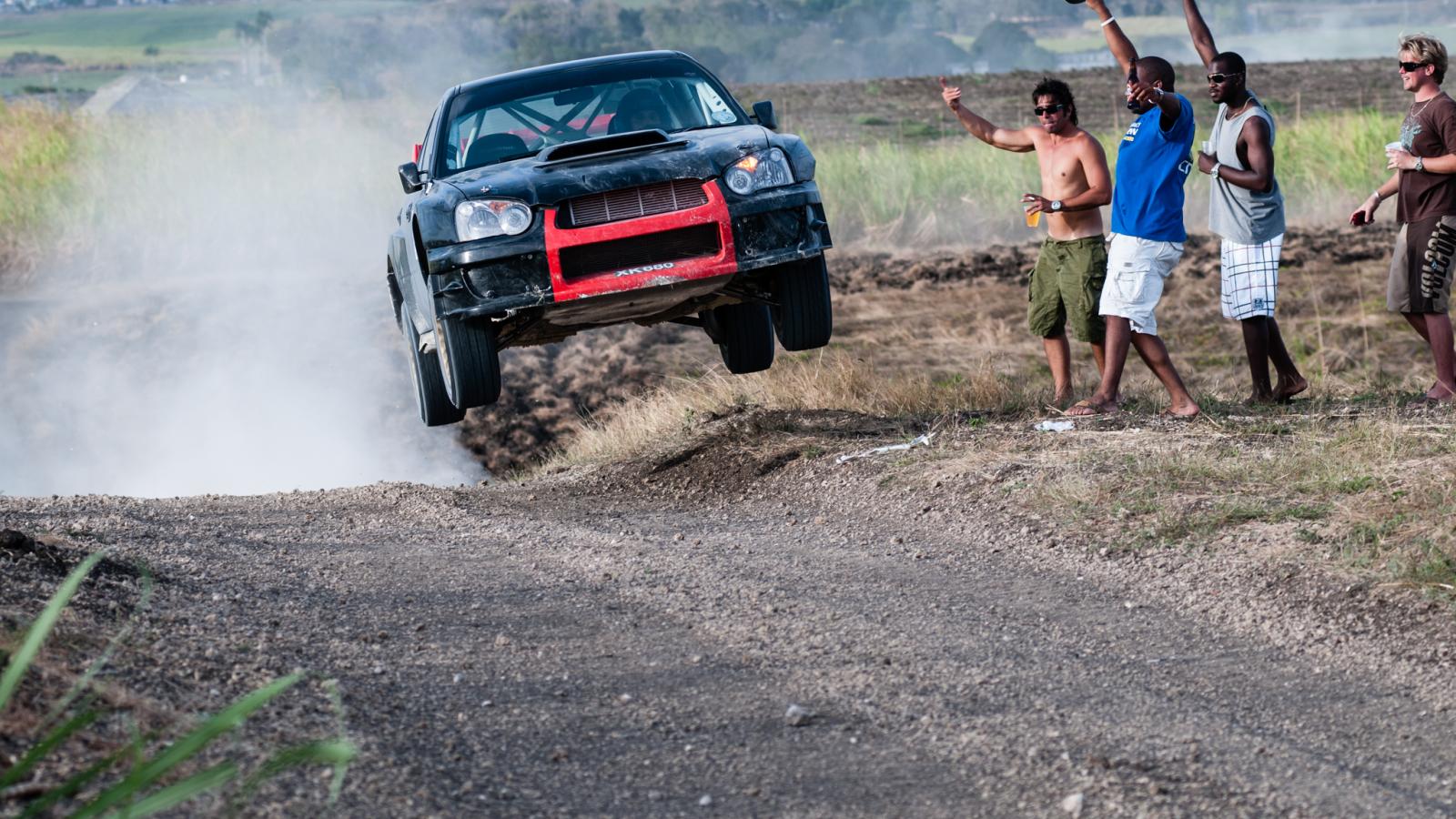
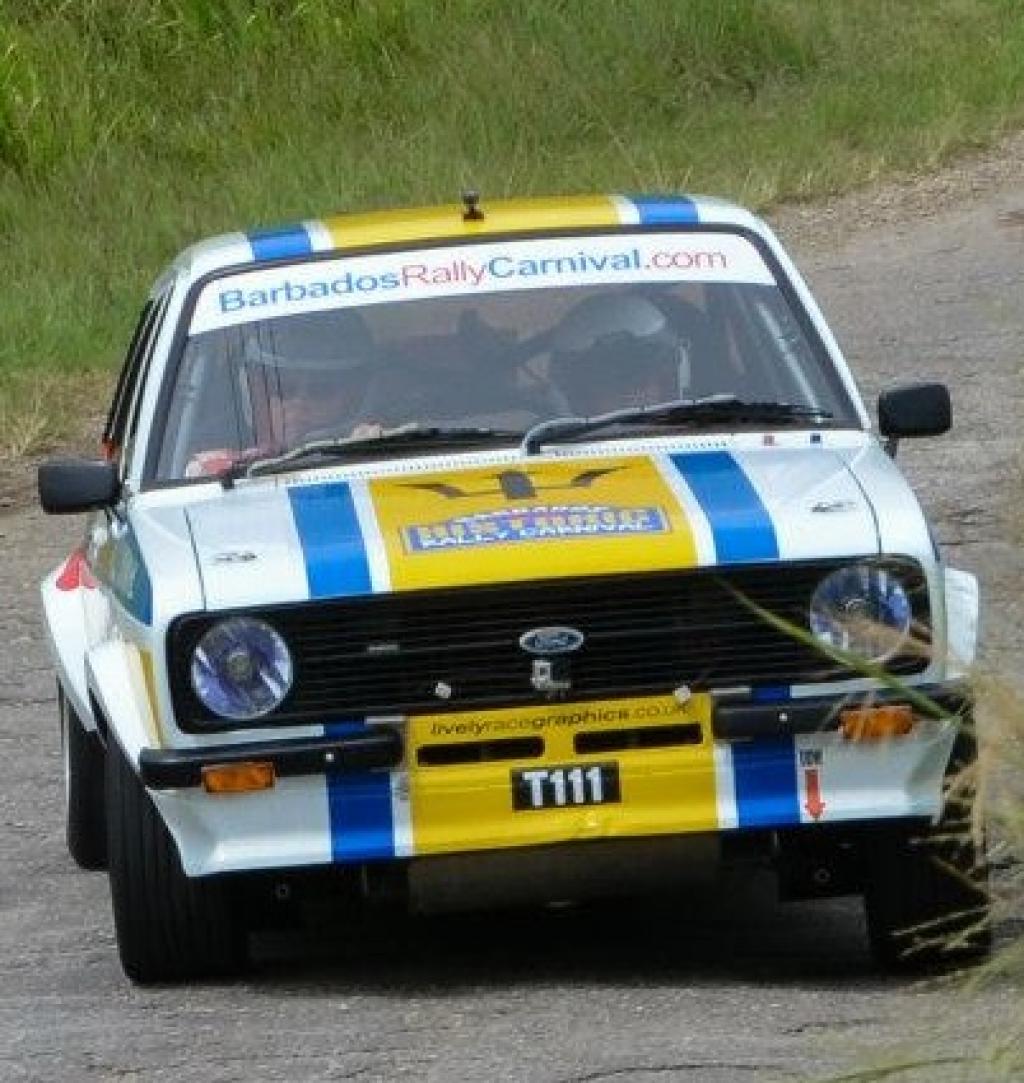
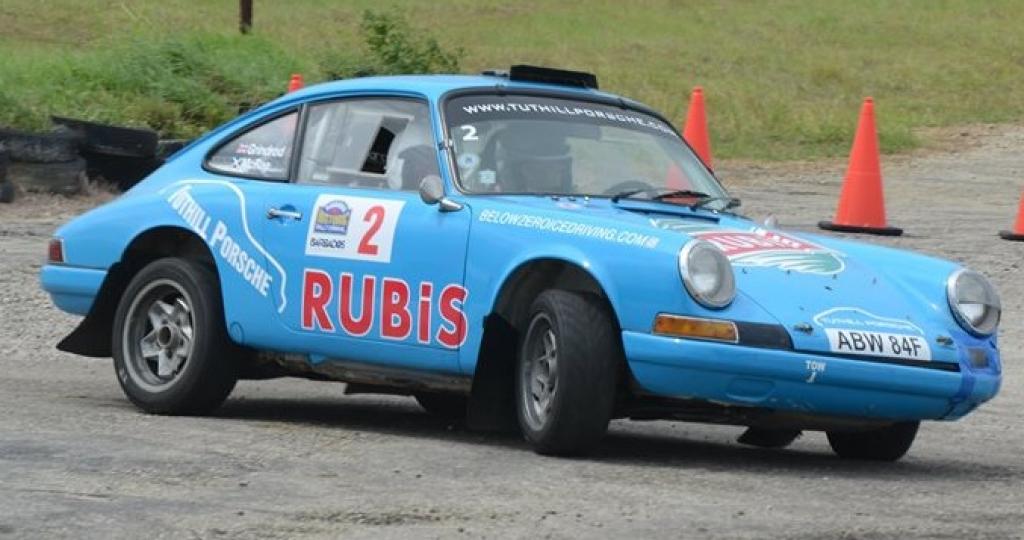
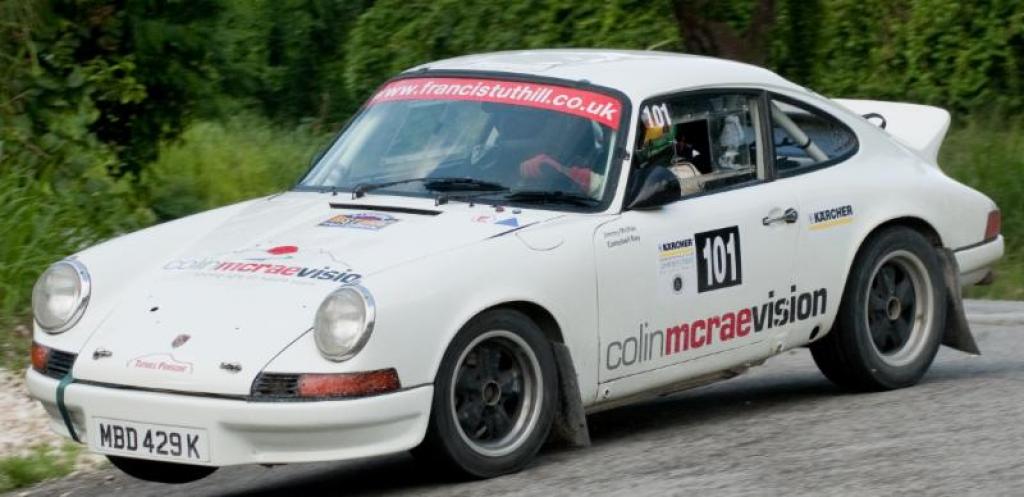
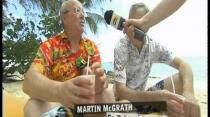
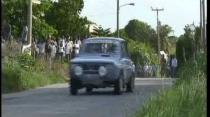


Comments